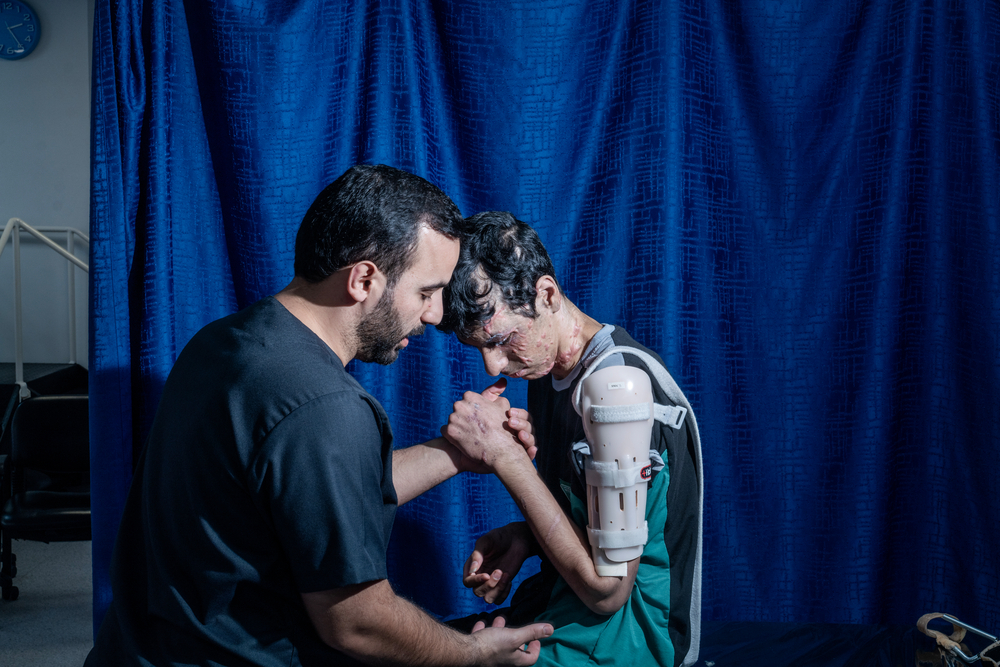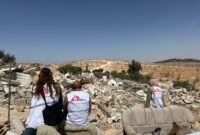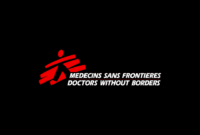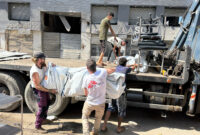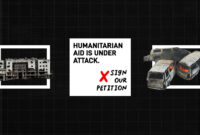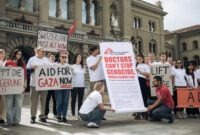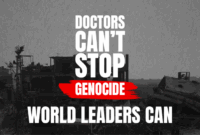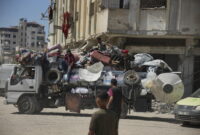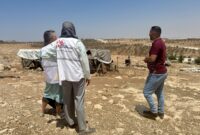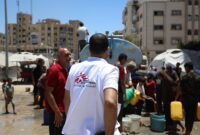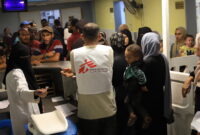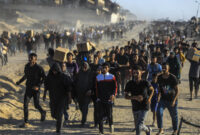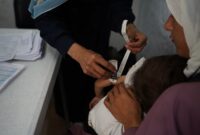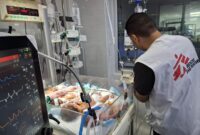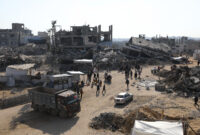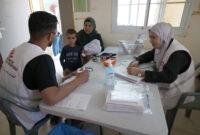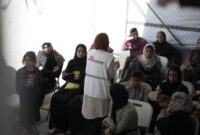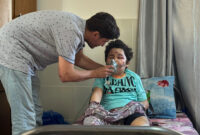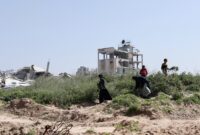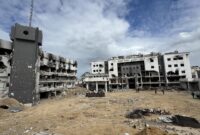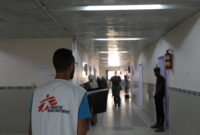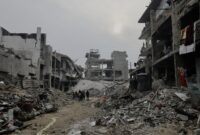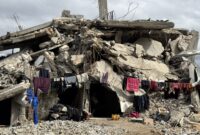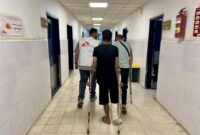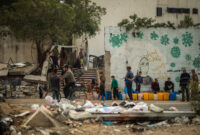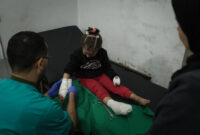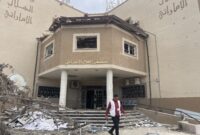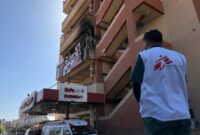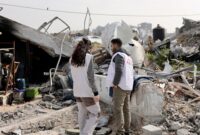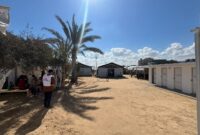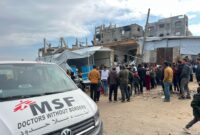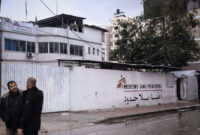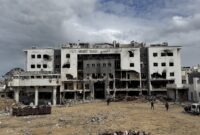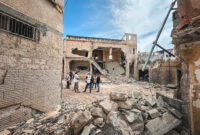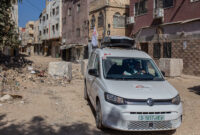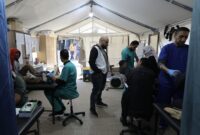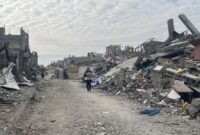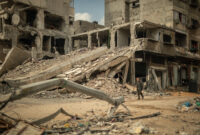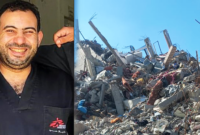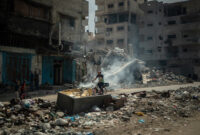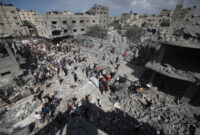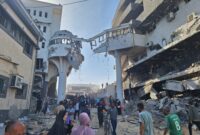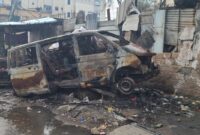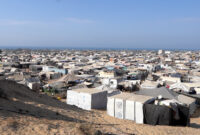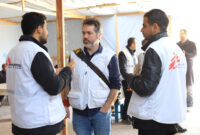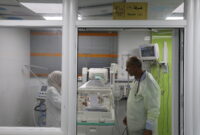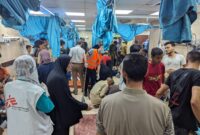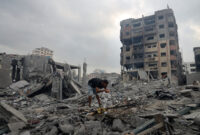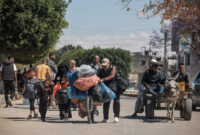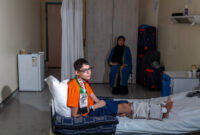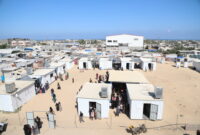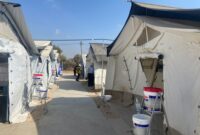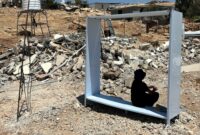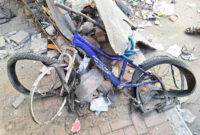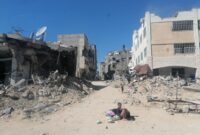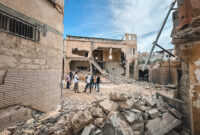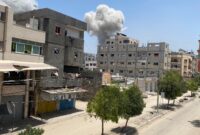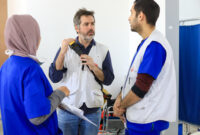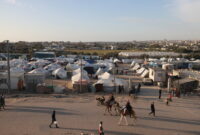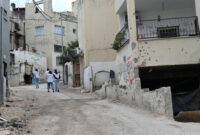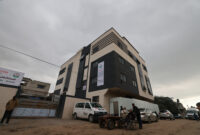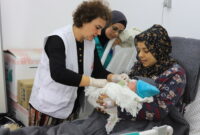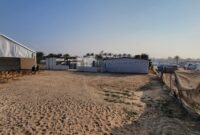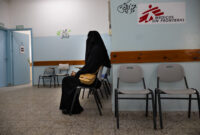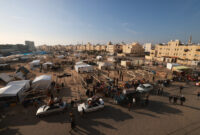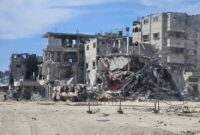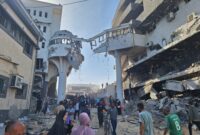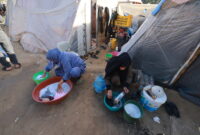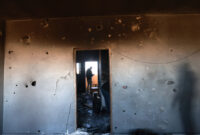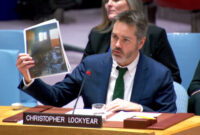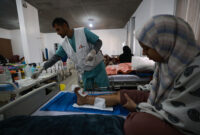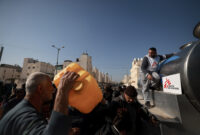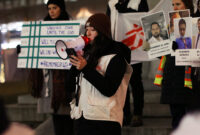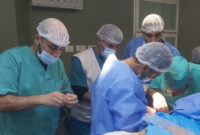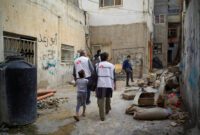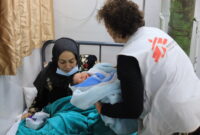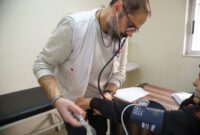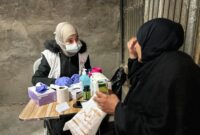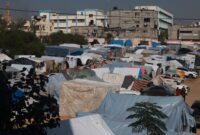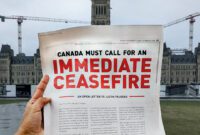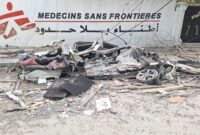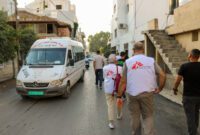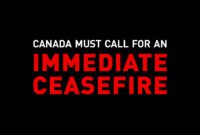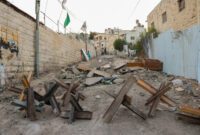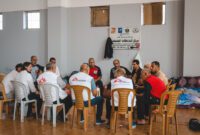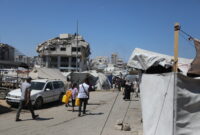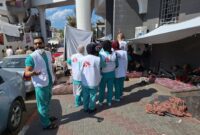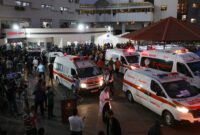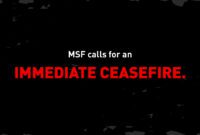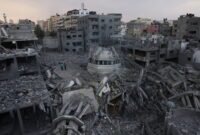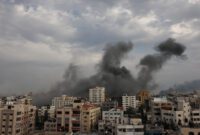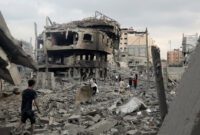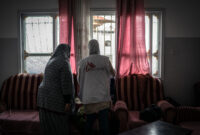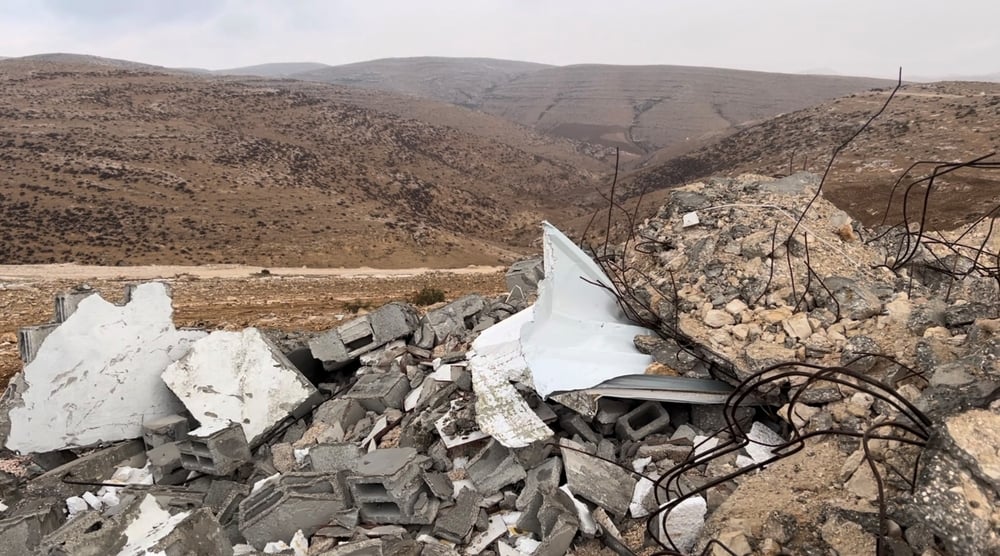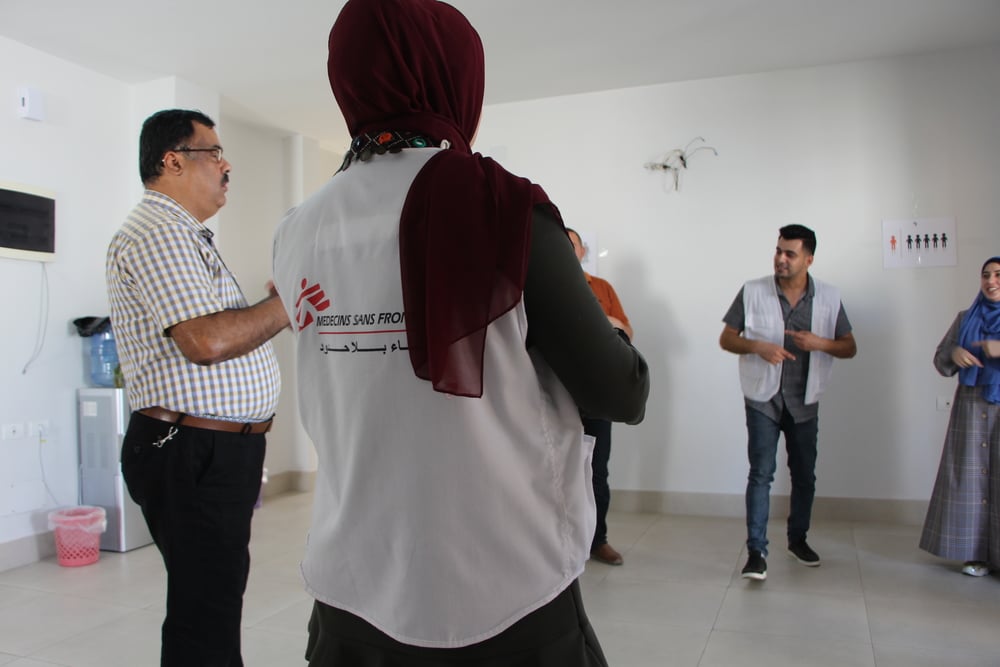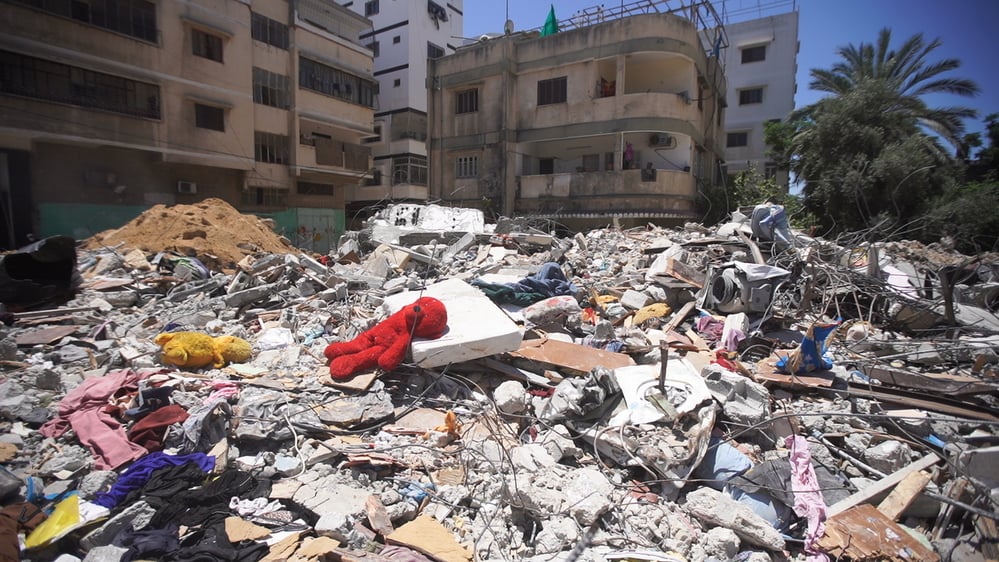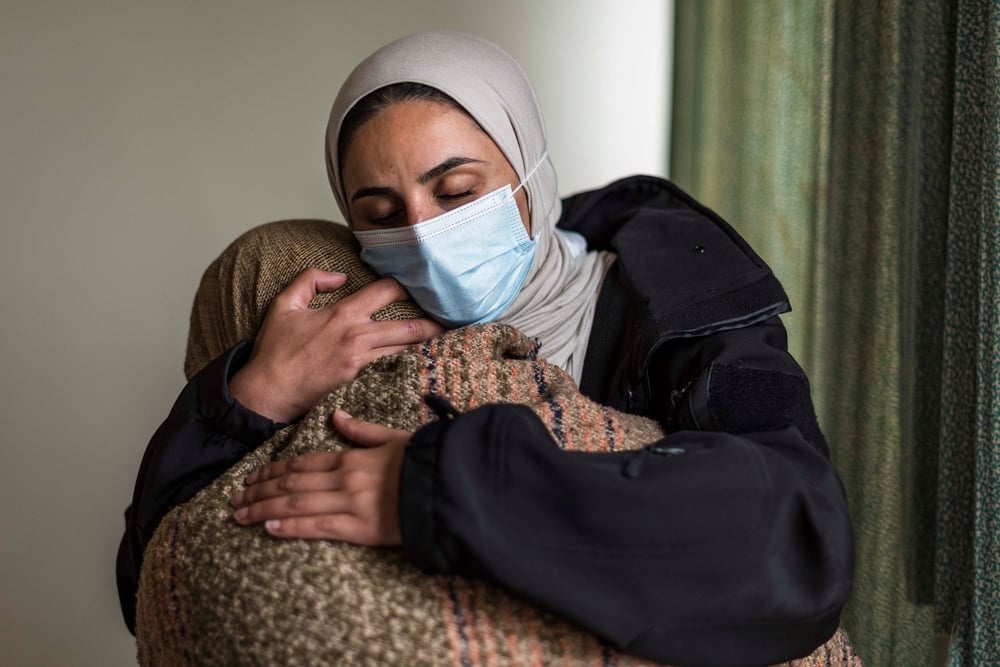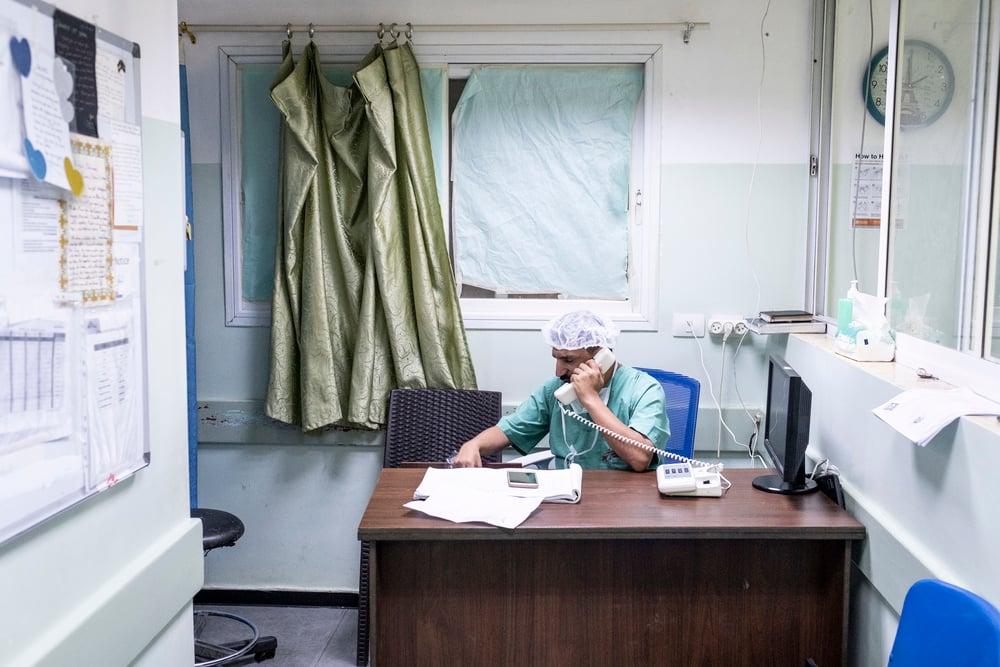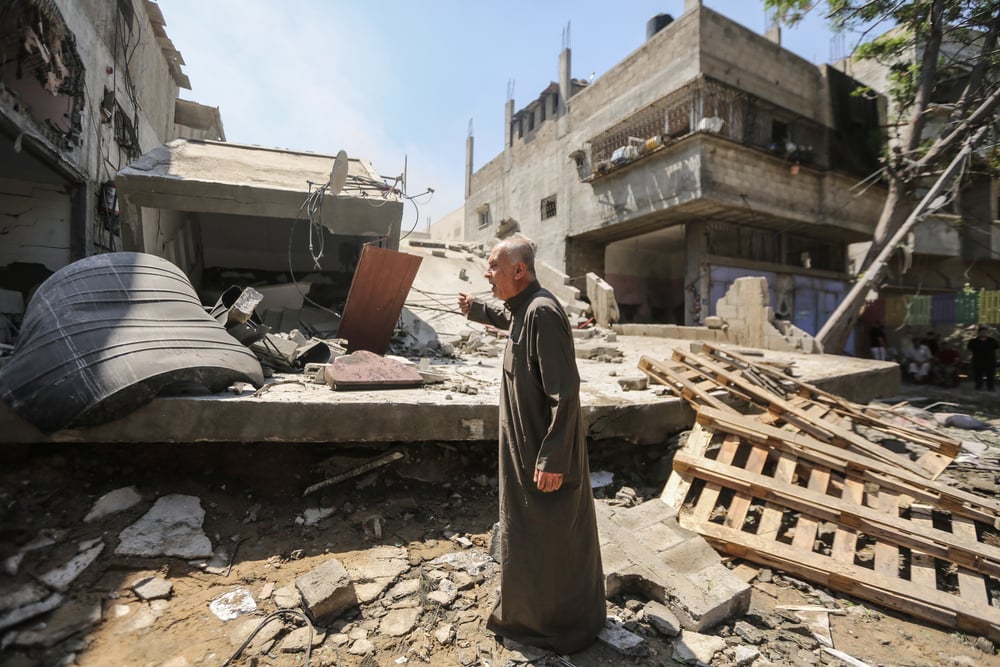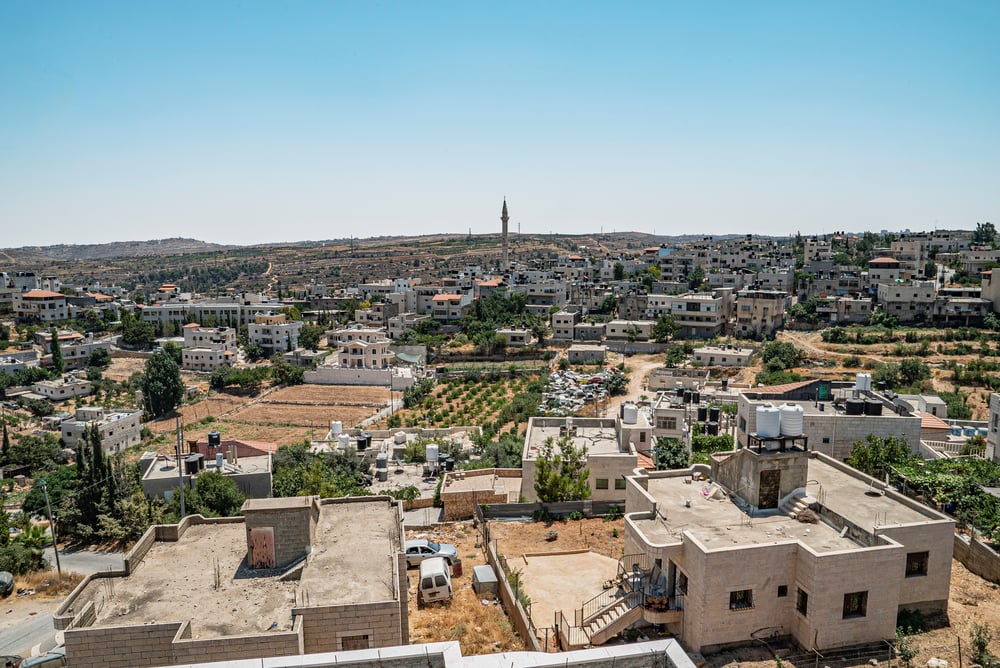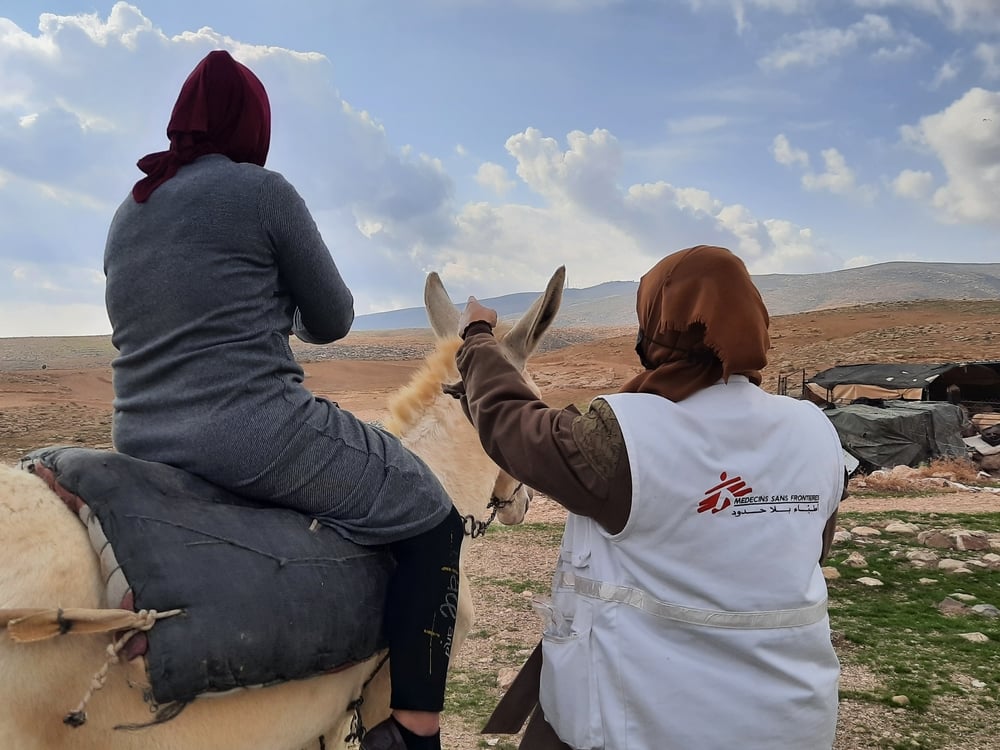Palestine: The ceasefire is not the end of the extreme suffering in Gaza
Palestinians need immediate aid and medical evacuations.
Doctors Without Borders/Médecins Sans Frontières (MSF) is calling on governments around the world to drastically and urgently increase medical evacuations for thousands of patients who are unable to access the care they need in Gaza. These evacuations must be accompanied by a sustained effort to maintain the fragile ceasefire which has been violated multiple times and ensure a massive, unrestricted influx of humanitarian aid into the Gaza Strip.
With medical evacuations from Gaza set to resume on Oct. 22, following a suspension since Sept. 29, MSF is urging governments around the world to save lives by urgently and drastically increasing this vital lifeline. Israeli authorities must allow patients to leave to access the treatment they need and ensure their right of return to Gaza.
“Palestinians in Gaza are enduring genocide. The health system lies in ruins,” says Javid Abdelmoneim, international president of MSF and an emergency doctor who has worked in Gaza. “Israeli forces attacked hospitals, reducing them to rubble; killed, detained and forcibly displaced medical staff; and systematically blocked supplies from entering the Gaza Strip.”
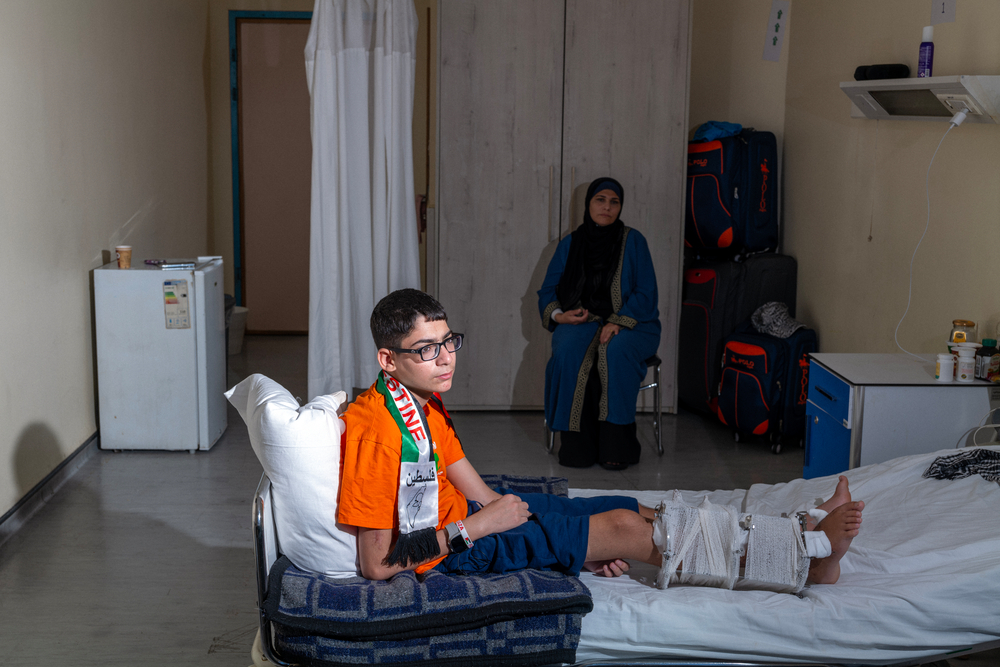
As of October 2025, the World Health Organization (WHO) reports that over 15,600 people – one in four of whom are children – are awaiting lifesaving medical evacuation from Gaza. Patients include people with complex trauma injuries caused by bullets and bombs, or life-threatening and chronic conditions such as cancer or kidney failure.
“These patients cannot wait for the healthcare system to be rebuilt – they need urgent care, today,” says Abdelmoneim. “Between July 2024 and August 2025, at least 740 patients, including 137 children, died while waiting for medical evacuation. These were preventable deaths, caused not only by destroyed hospitals, but by political inaction.”
Just a week before the ceasefire, two MSF colleagues – an occupational therapist and a physiotherapist – were killed by an Israeli airstrike while on their way to work. In total, 15 MSF colleagues were killed in the past two years.
In an open letter addressed to heads of state, Abdelmoneim warns the ceasefire alone will not end the ongoing medical and humanitarian catastrophe that Palestinians are enduring.
While more humanitarian assistance is starting to arrive, MSF is calling for it to be rapidly scaled up – including medical supplies, fuel, clean water, food and shelter – to meet the staggering needs of two million people, many of whom are returning to the ruins of their former homes with winter fast approaching.
As of October 2025, the WHO has confirmed only 14 out of Gaza’s 36 hospitals were even partly functioning. None are fully operational following systematic and direct Israeli attacks, including ground offensives, tank shells and airstrikes.
According to the Ministry of Health, 1,722 health workers have been killed. Just a week before the ceasefire, two MSF colleagues – an occupational therapist and a physiotherapist – were killed by an Israeli airstrike while on their way to work. In total, 15 MSF colleagues were killed in the past two years.
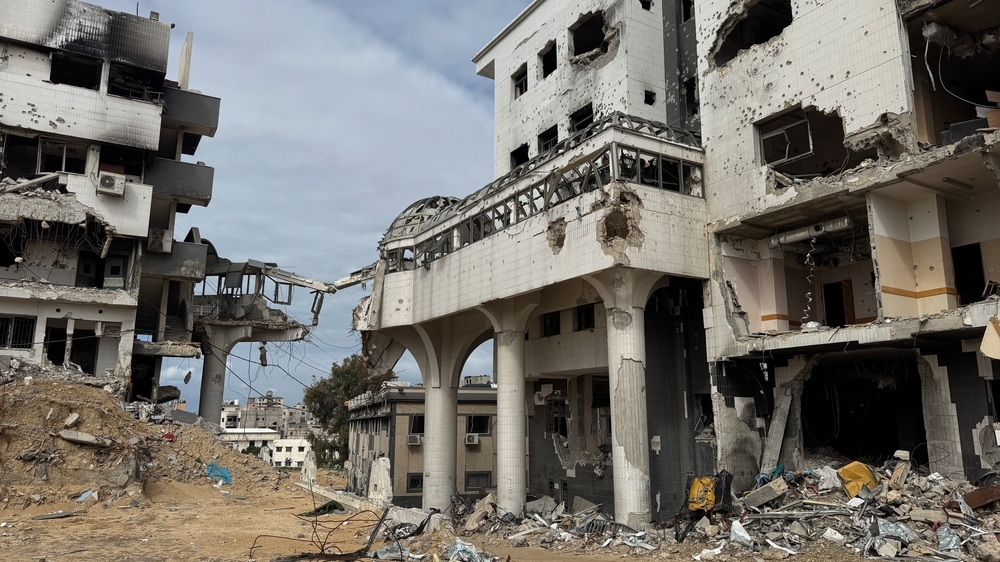
An MSF orthopedic surgeon, Mohammed Obeid, has been detained in harsh conditions since October 2024. We are urgently appealing for his release. The loss of health professionals is devastating for patients in Gaza.
“While some countries such as Egypt, Qatar, the United Arab Emirates, Türkiye and Jordan have carried their share of the responsibility, others have done almost nothing,” says Abdelmoneim. “This inaction is indefensible.”
To underscore the scale of this inaction, MSF has published a ‘Medical Evacuation Leaderboard,’ comparing countries’ efforts to facilitate patient evacuations from Gaza. The data reveals a stark imbalance: while a handful of countries have accepted thousands of patients, many governments who have the capacity to do more have accepted few patients, or none at all.
MSF is urging governments to:
- Maintain pressure to ensure the ceasefire is sustained and accompanied by a massive influx of unhindered humanitarian assistance.
- Drastically and urgently increase the number of medical evacuations from Gaza and use your influence to ensure Israel does not block medical evacuations.
- Prioritize evacuations based on medical urgency and clinical need, including accepting adults and the older people who make up 75 per cent of the waiting list.
- Fast-track visa and administrative processes for patients and accompanying caregivers to reduce life-threatening delays.
- Allow patients, especially children and at-risk adults, to travel with their caregivers.
- Guarantee patients’ right to remain abroad, should they wish to, while also securing the right to a safe, dignified and voluntary return to Gaza.
- Provide dignified living conditions for patients and their caregivers, follow-up treatment and rehabilitation services while abroad. Care must include much-needed mental health support for all patients and their caregivers.
Related news
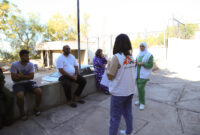
Middle East and North Africa: Behind the armour, men’s mental health
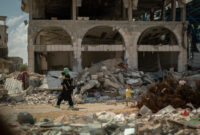
Palestine: Ceasefire in Gaza, humanitarian aid must flow immediately

